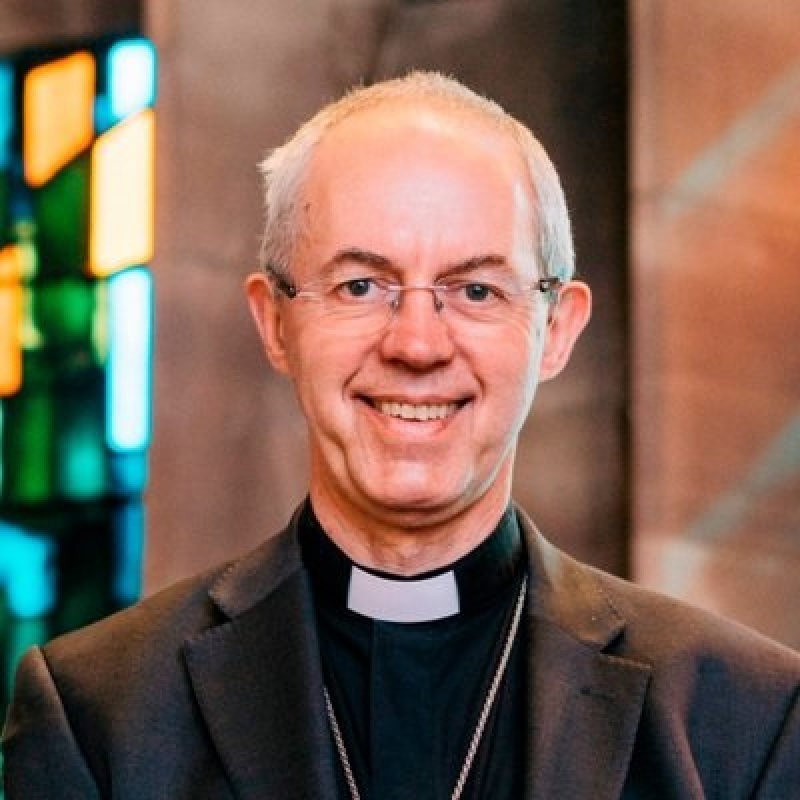
The Church of England is embarking on a new journey to erase parts of its racist history as part of its Black Lives Matter-inspired agenda.
The centuries-old church, which traces its roots back to the third to sixth century, is now considering a review of thousands of monuments across its churches and cathedrals in the country that contain historical references to the slave trade and British colonialism. The church has issued guidance this week that encourages its 12,500 parishes and 42 cathedrals to rethink its monuments, buildings, and grounds for any indication of "problematic" ideologies.
According to Breitbart, any monuments or plaques with contested heritage may be "contextualised, altered, relocated, or even removed." The guidance also instructed that any action concerning such monuments and plaques will be made at a local level. Additional contextual information may be added to some, while others may not need any change at all.
The "woke" guidance is a result of the Archbishop of Canterbury Justin Welby's review of the Church of England's built heritage after he observed the Black Lives Matter protests in 2020 and the toppling of the statue of slave trader Edward Colston in Bristol. He then pursued a BLM-inspired agenda by putting up an anti-racism task force with the Archbishop of York.
"While history should not be hidden, we also do not want to unconditionally celebrate or commemorate people who contributed to or benefitted from the tragedy that was the slave trade," the Church of England's new "woke" anti-racism task force declared, as per Daily Mail.
Following their declaration, several changes have already been done to comply with the church's new BLM-inspired agenda.
Bristol Cathedral, which dates back to 1140, has already removed a window dedicated to Colston, who was also a beloved philanthropist, while St. Margaret's Church in Rottingdean, which dates back to the 13th century, has relocated two headstones in its graveyard that contained racial slurs. St. Peter's Church in Dorchester, which dates back to the 15th century, has also censored a plaque that honors a plantation owner who shunned the slave rebellion.
According to The Guardian, the Church of England's director of churches and cathedrals Becky Clark argued that because the buildings and cathedrals are the "most visible part" of the church and is a "Christian presence in every community," it is their "responsibility to ensure they include, welcome and provide safe spaces for all."
She added that the BLM-inspired agenda is a "vitally important part of addressing the way historic racism and slavery still impacts people today."
Clark argued that these "woke" changes are meant to "empower rather than shut down conversation" about the Church of England's history. She argued, "It doesn't make political statements, except to say the history of racism and slavery is undeniable, as is the fact that racism and the legacy of slavery are still part of many people's lives today."
"Responding to those in the right way is a Christian duty," Clark said of the "woke" movement to contextualize the Church of England's racist history. "Doing nothing is not an option."
























